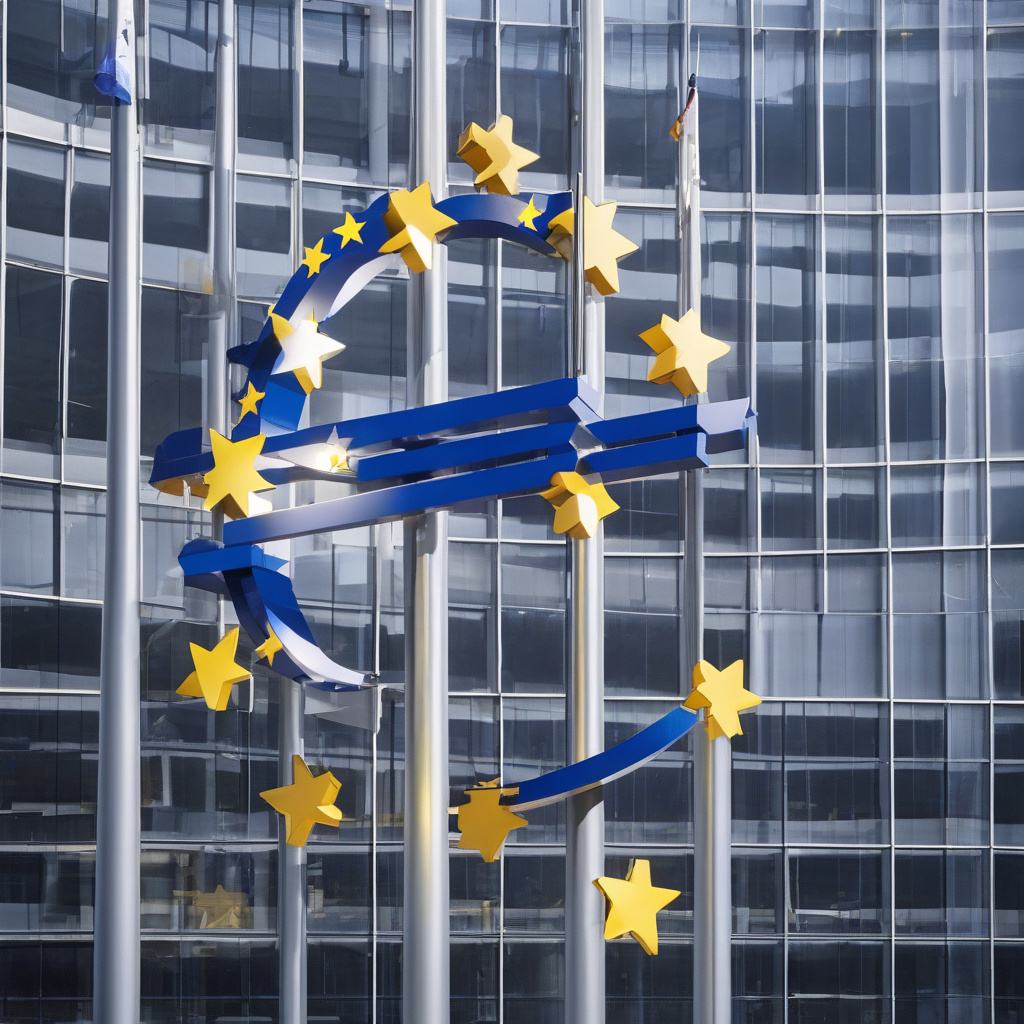EU’s Decision to Scrap Tech Patent, AI Liability, and Messaging Privacy Rules Sends Shockwaves Through Tech Industry
In a surprising turn of events, the European Union recently made a decision that could have far-reaching implications for the technology sector. The EU has decided to scrap plans for a unified patent system for tech companies, introduce new rules on artificial intelligence (AI) liability, and tighten regulations on messaging privacy. While these changes may have been intended to enhance consumer protection and promote fair competition, they have sparked concerns among industry experts and businesses alike.
One of the most controversial aspects of the EU’s decision is the abandonment of plans for a unified patent system for tech companies. The Fair Standards Alliance, a coalition of tech companies advocating for fair patent licensing practices, has warned that this move could send a negative signal to businesses that rely on fair and transparent patent licensing processes. Without a unified system in place, tech companies may face greater uncertainty and potential legal challenges when seeking to protect their intellectual property rights.
Additionally, the EU’s new rules on AI liability have raised eyebrows within the tech industry. As AI technologies become more prevalent in everyday life, questions surrounding liability and accountability have become increasingly important. The EU’s decision to introduce rules on AI liability aims to address these concerns by clarifying the responsibilities of companies that develop and deploy AI systems. While this move may provide greater clarity for businesses and consumers alike, some tech companies may find themselves facing new legal risks and compliance challenges as a result.
In parallel with the changes to AI liability rules, the EU has also announced plans to tighten regulations on messaging privacy. With the growing popularity of messaging apps and the increasing amount of personal data being shared online, ensuring user privacy has become a top priority for regulators. The EU’s decision to strengthen messaging privacy rules is a clear indication of the bloc’s commitment to safeguarding consumer data and holding tech companies accountable for their data handling practices. However, these stricter regulations may pose challenges for tech companies that rely on targeted advertising and data-driven business models to generate revenue.
Overall, the EU’s decision to scrap plans for a tech patent system, introduce new rules on AI liability, and tighten regulations on messaging privacy has sent shockwaves through the tech industry. While these changes may be well-intentioned, they have left many businesses and industry experts questioning the potential impact on innovation, competition, and consumer protection. As tech companies navigate these new regulatory waters, it will be crucial for them to stay informed, adapt their strategies, and engage with policymakers to shape the future of the digital economy.
In conclusion, the EU’s recent decisions on tech patents, AI liability, and messaging privacy rules are poised to reshape the tech landscape in Europe and beyond. By staying vigilant and proactive in their response to these changes, tech companies can mitigate risks, seize opportunities, and demonstrate their commitment to innovation and compliance in a rapidly evolving regulatory environment.
EU, tech industry, patent, AI liability, messaging privacy rules











